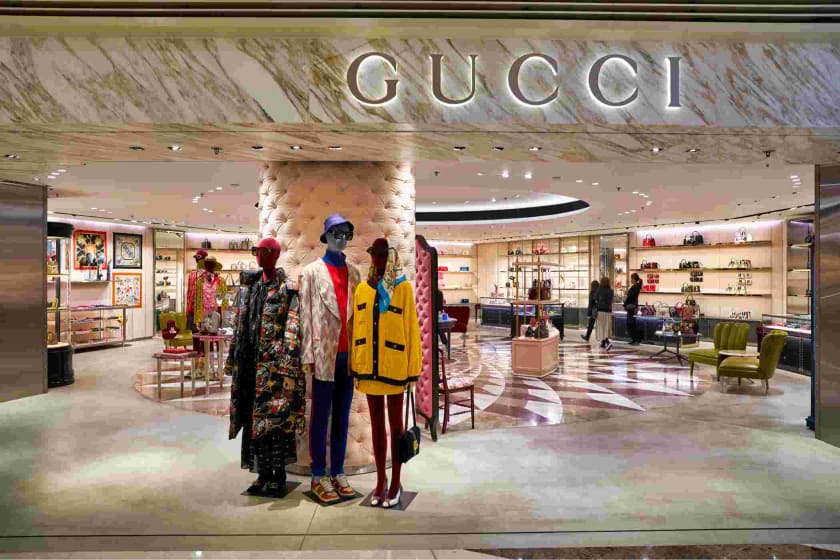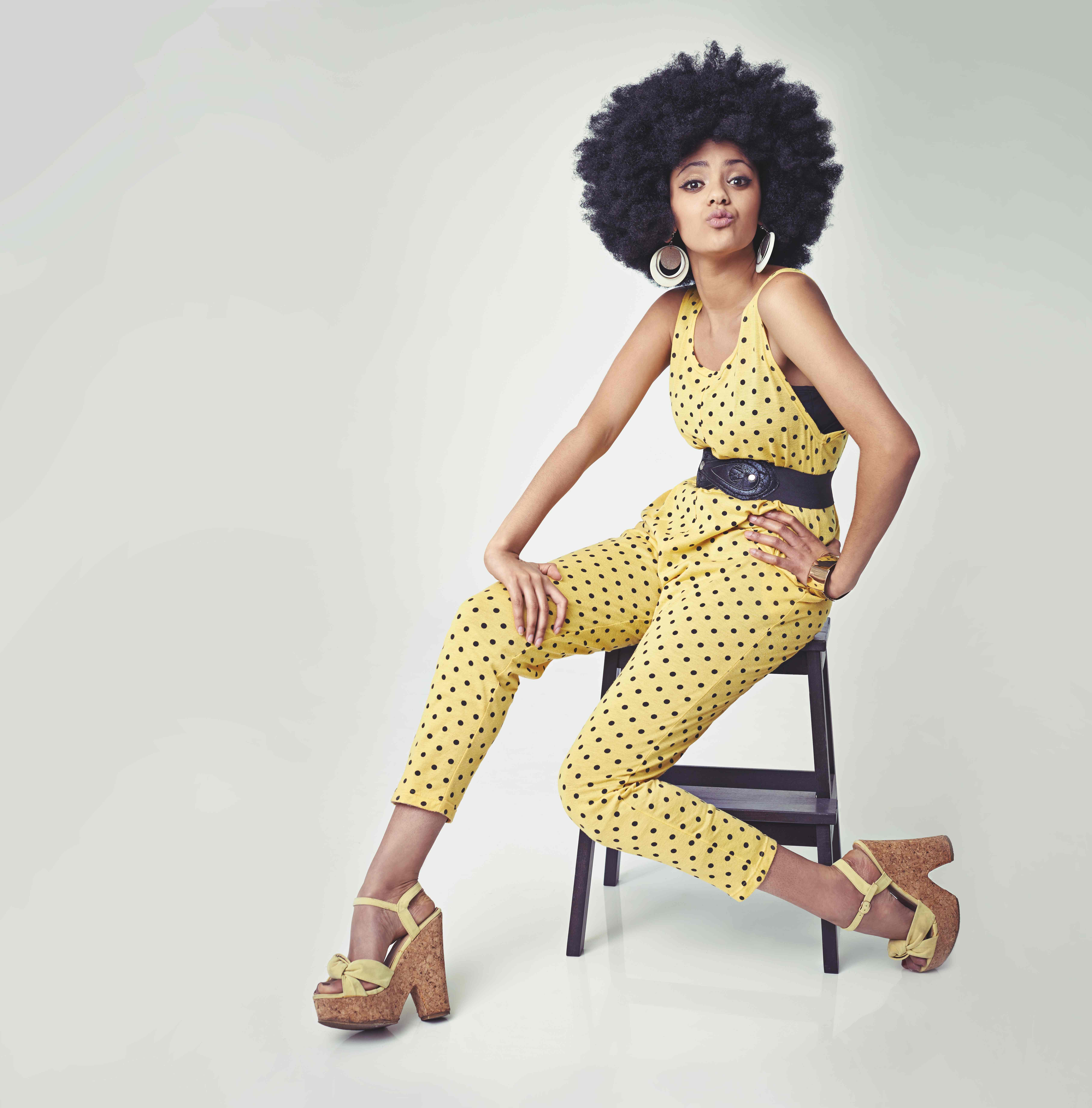How does youth culture define the future of Luxury Clothing Brands?



When we speak about the different cultures of the present times, nothing is really set in stone. It is instead a magnificent picture that seems to change every single day. These changes are brought about by people from different walks of life. While there can be an endless list, one definite demographic impacting the cultural change is the youngsters of today. Millennials and Gen Z comprise almost seventy percent of the global population, and hence, their choices have made a huge cumulative impact on the behavioral patterns of fashion consumerism.
Fashion today is seeing quick and sudden changes that are creative and trend-setting. This has drastically changed the meaning of fashion, and many brands and fashion powerhouses have concluded that the youth culture will define the future of the luxury market.
What Makes Fashion of the Youth Culture Reliable?
Several studies have claimed that millennials will drive the future of luxury clothing brands, probably by the year 2025. A study in 2018 reported that the luxury market had reached $1 trillion, of which $370 billion was categorized as personal luxury goods, including luxury perfumes to makeup to skincare purchases. A whopping $660 billion came under other luxury household and leisure expenditures, which included hotels, alcohol, cars, gadgets, furniture, and dining. This number is expected to reach $1.5 trillion by 2025, with luxury accessories and cosmetic purchases gaining popularity.
3 Opportunities That Contribute to the Success of Youth Culture in Fashion
1. Social Media: The power of social media isn’t unknown, and probably the driving force of social media is the youth. While social media possesses the potential to help any individual, group, or institute gain popularity or vice versa overnight. It must be remembered that it is the youth culture that acts as a driving force behind it. Social media in general and the youth culture have worked actively to introduce sustainability as a trend through their posts, tweets, photographs, and online thrift stores. The possibilities have been endless, and it can be ascertained that the luxury market segment would see similar traction from these youngsters.

2. Fashion That Speaks: The pandemic entirely changed the ball game for fashion, as people started seeing more loungewear and comfortable clothing on runways. The youth culture may have had a huge part to play. The work from home culture for the youths induced a trend that shreds off uncomfortable formal clothing and embraced free breezy silhouettes, which in turn got reflected on the digital fashion shows and runways of today. The gap between luxury and comfort has been bridged. Wearing attire that was previously worn only at homes, such as loungewear or pajamas, to public spaces is the new comfortable fashion that has been redefining the collection in the luxury clothing brands too in great numbers.
3. Sustainable Fashion: The youth culture understands and supports sustainable fashion and has been the flagbearer of it ever since the concept of allegiance to the environment came into play. Unlike previous years where luxury brands were known for their collection of clothes, shoes, and accessories made from exotic animals, youth culture has helped them stop or at least decrease the practice. They have become sustainable luxury consumers who are highly concerned about the environment and animals, resulting in the production of more vegan and organic fashion products. In addition to this, the culture also demands the use of ethical manufacturing where animals of no kind are harmed or experimented for the advantage of humankind. The youth have always cared to lessen fashion’s environmental footprint, and by mass refusal to buy from fast fashion retail behemoths, they have led by example.

Several studies have also shown how sustainability has majorly raised concerns to countries with a strong global market. Some of these nations include South Korea, Japan, China, and France, whereas the United States and the United Kingdom have shown lesser interest in the same. This approach to sustainability also helps luxury clothing brands produce products that are not of unbelievable prices due to the removal of exotic materials, resulting in the luxury market receiving better responses and higher consumers.
The primary motto of Fashioniza has always been to drive its audience towards a more sustainable and conscious future, as the entire fashion industry seems to gear up for the same. We are dedicated to manufacturing and delivering clothes using only sustainable materials. We make the apparel manufacturing process a hassle-free and transparent experience for our clients and safe and fashionably sustainable for our future.



















